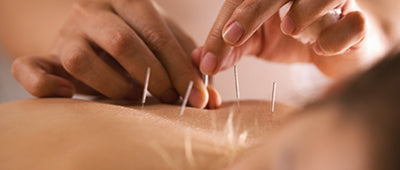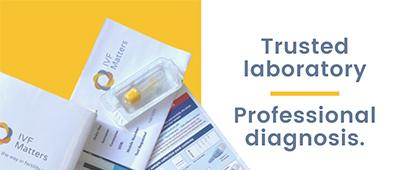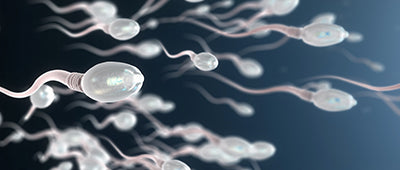What is acupuncture?
Originated in China in ancient times, the first written record where acupuncture was discussed in detail appeared in The Nei Jing, which is the earliest written work on Chinese Medicine. It was compiled around 305-204 B.C.
While sharp bones and animal bones were used in the earliest known form of acupuncture, modern acupuncture takes the form of inserting very fine needles into the body’s energy lines, or meridians. There are 14 major meridians in the human body, 12 of which are dominated by the major organs. Each of these links energy points across the whole body, which is all related.
The needles are inserted at special points on the meridians, where the energy can be regulated. It may be helpful to think of this in terms of the electric supply to a room. The meridians are the wiring, the acupuncture points are the light switches, dimmers and fuses, and the organs are the electrical appliances. Practitioners will choose a combination of points to achieve the desired effect. The choice is guided by long-standing formulae, modified to suit each individual and problem.
Needles come in different lengths, and are chosen according to where they go and what they are treating. They are always sterilised and often disposable, and so perfectly safe. The practitioner may use from 5 to 15 needles, leaving them in place for just a few minutes or for up to half-an-hour. When the needles are inserted correctly, they cause a sensation known as ‘de qi’, which is a slight tingling, heaviness or numbness at or around the needles. This is a sign that the needle is working on the energy channel and that the organ is being properly stimulated. Acupuncture should not be painful, however. Indeed, the experience can produce a deep sense of relaxation that promotes a general feeling of wellbeing.
It’s also possible to have a modern variation of acupuncture, using magnets, small amounts of electricity or even lasers to stimulate the energy points. These may or may not also involve using needles.
How can acupuncture help fertility?
The British Acupuncture Council believes acupuncture may boost female fertility by doing three key things:
• Regulate hormone function
• Increase blood flow to the ovaries and uterus and helping to relax your muscles which can improve the chance of an embryo implanting
• Help relieve stress and make you feel more relaxed
The above are findings in a paper reported in Alternative Therapies Health Medicine 2007 13(3):38-48.
Prof. S Au
TCM HealthCare






